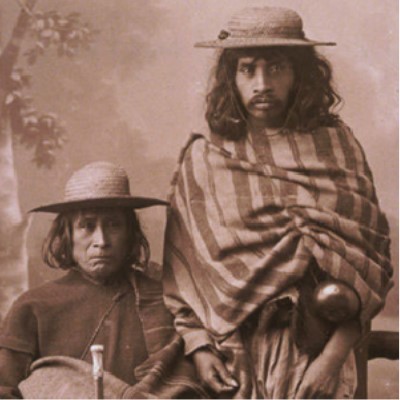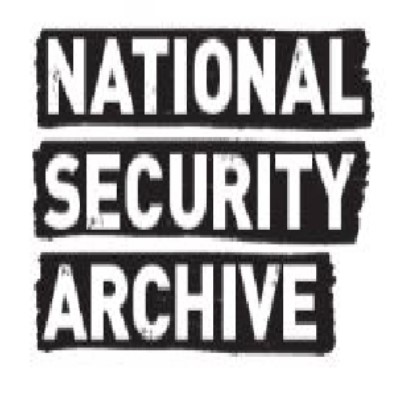Revolutions
Activity: Simulating the Velvet Revolution
This case study simulates the process of the extraordinarily quick (and often peaceful) overthrow of various communist regimes is Eastern Europe in 1989. The simulation provides a powerful experiential study of how dissent can quickly cascade through a group, leading to fast, dramatic change.

Mexico: From Empire to Revolution
By making hundreds of photographs available and placing them in a clear, historical context, the website provides students with a fascinating perspective on several crucial decades in Mexican history.
National Security Archive: Sources on Latin America
The documents on the website provide students the opportunity to construct their own historical interpretations.Remembering the Dead
Professor Dr. Heinz Kamnitzer was the head of the East German writers group, PEN.
Minutes No. 64 from an Expanded Meeting of the PZPR CC [Central Committee of the Communist Party] Secretariat, June 5, 1989
The following are excerpts from a meeting of the leadership of Poland’s communist party held the day after the June 4, 1989 elections, when the magnitude of the party’s electoral defeat was just becoming clear.
Letter from Andrzej Slowik to "Roundtable" Chair Wladyslaw Findeisen
Between February and April 1989 in Poland, Communist Party leaders and Solidarity activists engaged in negotiations during the historic roundtable talks.
Prague Embassy cable, Brutal Suppression of Czech Students' Demonstration
This official cable sets forth the reaction of the U.S. Embassy in Czechoslovakia to the events of November 17, 1989.
Teleprint from CC CPCz to First Secretary CC CPS and Secretaries of Regional and District Committees
The Velvet Revolution was named for the remarkably non-violent end to communism in Czechoslovakia. Yet as Milos Jakes and his conservative government scrambled to respond to the aftermath of November 17, they were considering all options.
Proclamation on the Establishment of Civic Forum
For many years, opposition in Czechoslovakia was represented mainly by Charter 77, a group advocating human rights and peaceful, evolutionary change.
Prague Embassy cable, Embassy Protest of Attack on American Journalist During November 17-19
In this November 20 cable to the State Department, the U.S. Embassy in Prague reported its formal protest of the assault on American journalists during the November 17 demonstration. Western media coverage of independent and anti-state activity had increased during 1989.